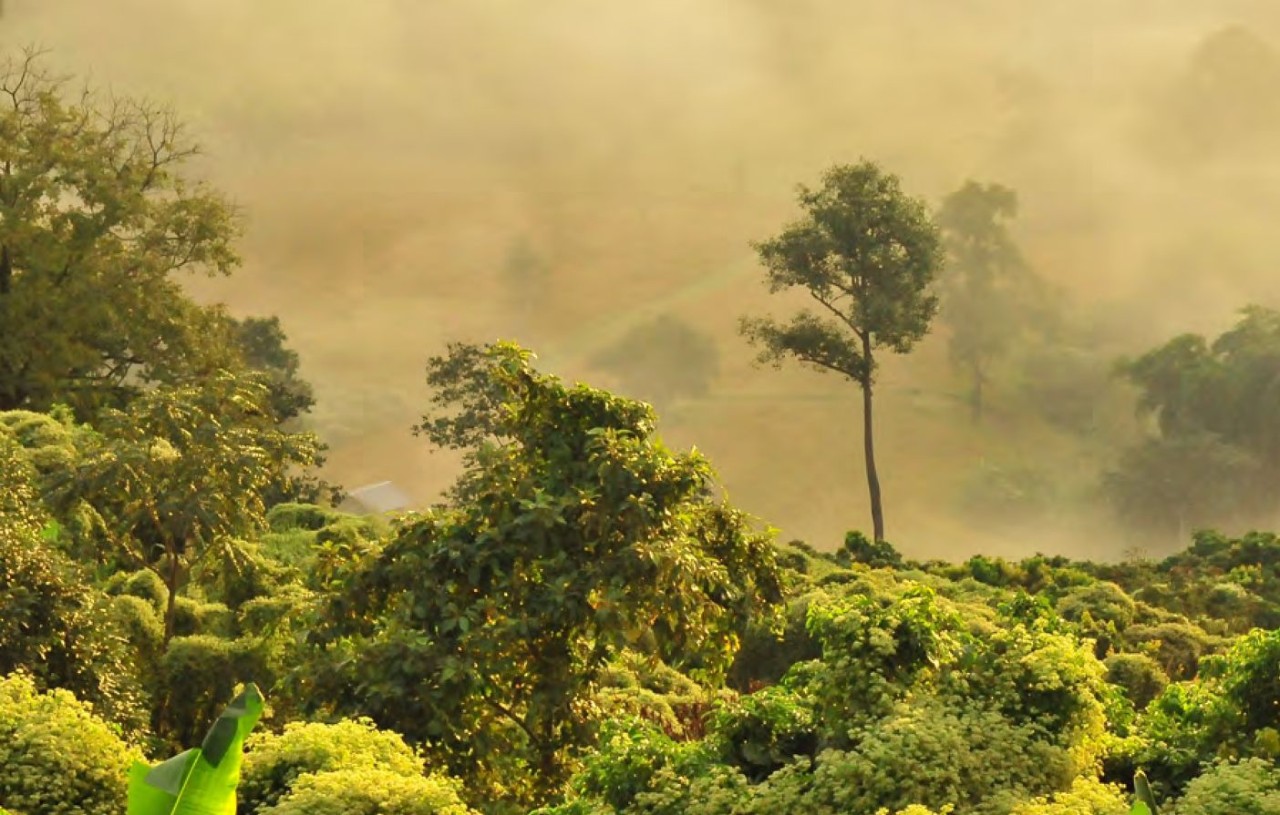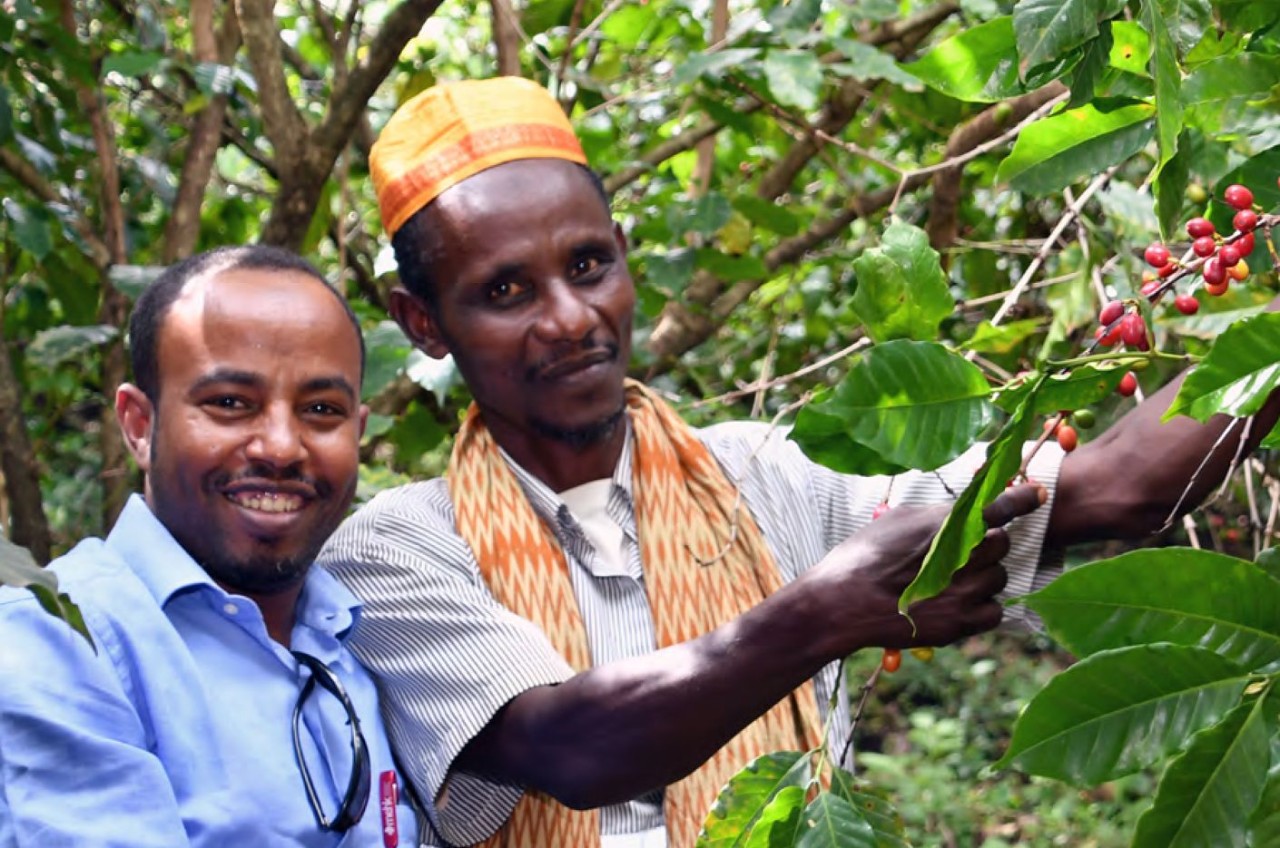The great quality of Costa Coffee is guaranteed by the Costa brothers trying 112 different variations to create the now iconic Mocha Italia. Continuous tasting is an important part of the production process, as this is the only way they can be sure that the packages contain only perfect quality roasted coffee. This is not the only reason why Costa is special: beside quality, sustainability is also a priority for the company. That's why for all the Costa Coffee made around the world, they use only Rainforest Alliance (RFA) Certified coffee beans. It is also important for them to use only materials that are certified by the organization when choosing packaging materials, in order to avoid damaging the environment.
What does RFA means and why is it special?
Founded in 1986, the Rainforest Alliance (RFA) aims to preserve tropical forests. The only farms that can get a certification – in this case the coffee plantations Costa Coffee sources its coffee from – are the ones that meet the very strict criteria regarding the protection of rainforests. The certification’s goal is to protect rainforests, as well as the animals and people living near them, along with the sustainable farming of coffee, tea, and other plants. The Standard pays special attention to transparency from the plantation to the consumer, well-documented management systems, and compliance with Rainforest Alliance’s strict guidelines required for the use of their trademark.
Costa Coffee has been working with RFA since 2008 – they were the first coffee brand and franchise in the United Kingdom to source coffee from 100% RFA Certified farms. Only 5% of the world’s coffee meets these high standards, but for Costa Coffee it’s a non-negotiable.
Good for the people living there
RFA Certified farms are better and safer workplaces. Those employed on large plantations are often the most vulnerable in the sector, so the certification of these farms protects and serves thousands of workers.
Farmers get a training on how to use land, water, and energy as efficiently as possible so that important resources are not wasted. These farming methods ultimately lead to higher productivity at lower production costs. The extra income generated this way is returned to local farmers and their communities. Researchers studied 600 farmers in Uganda and found that poverty rates on RFA Certified farms were 20% lower than for non-certified communities.








